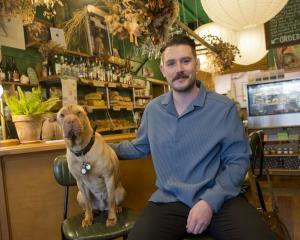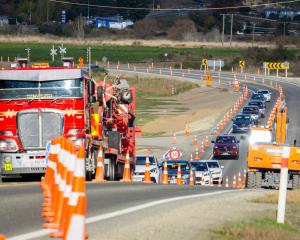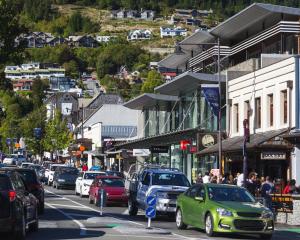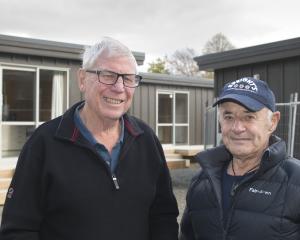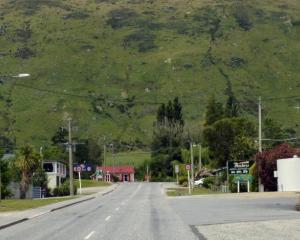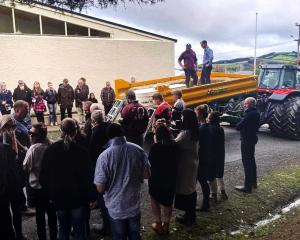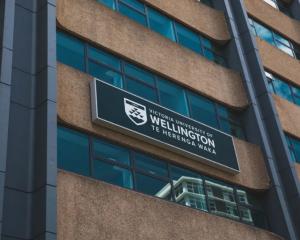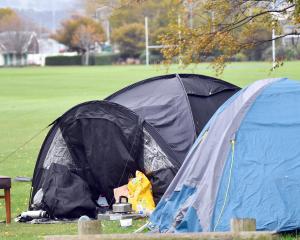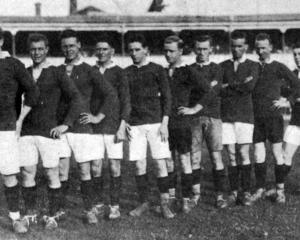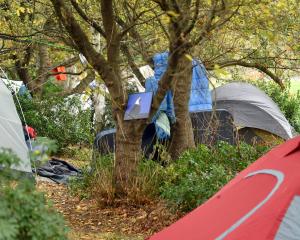
The Otago Regional Council (ORC), in partnership with Kāti Huirapa Rūnaka ki Puketeraki, is undertaking a pilot study to restore Te Hakapupu, Pleasant River in coastal East Otago.
Modelling nature-based solutions, the pilot study is a part of the Toitū Te Hakapupu project, aimed at enhancing the mauri (life force) and health of the Te Hakapupu river system.
Council project delivery specialist Melanie White is leading the Wai i te reporepo, wai i te wao: Nature-based solutions study.
"As a regional council we’re always looking for new and better ways to protect people, livelihoods and infrastructure.
"The Toitū Te Hakapupu Restoration project has already built relationships and developed a knowledge base which make the Pleasant River catchment ideal for this study modelling the use of nature-based solutions."
The study was one of 21 projects funded by the Ministry for the Environment’s Essential Freshwater Fund.
Nature-based solutions explored by the study would include restoring wetlands, planting native flora, cleaning the water and supporting biodiversity.
"Nature-based solutions are practical ways to use nature’s own processes to solve challenges," Ms White said.
The study would also create a framework for restoration opportunities Otago-wide.
"Flooding is the most common civil defence emergency in Otago, threatening lives and causing damage to homes, businesses and infrastructure," Ms White said.
"It’s vital that councils like ORC investigate how natural solutions could add to future-proofing our region.
"They could be a win-win for the community, industry and the environment — and help us play a part in reaching New Zealand’s climate change goals.
"Once we have assembled a list of ideas, we will test these with mana whenua, industry and land user groups, like forestry, farming and lifestyle block owners in Te Hakapupu/Pleasant River before we finish the feasibility study later this year."
A report detailing solutions that could work in the catchment will be drafted this year.
Ms White said once the feasibility study was completed, they would test its findings with land users around Otago.
In 2025, the council would deliver an engagement study around barriers and the willingness of people to adopt ideas for the project.
"We invite people all over Otago who might be interested in being involved in the engagement study later in the year to get in touch," Ms White said.

